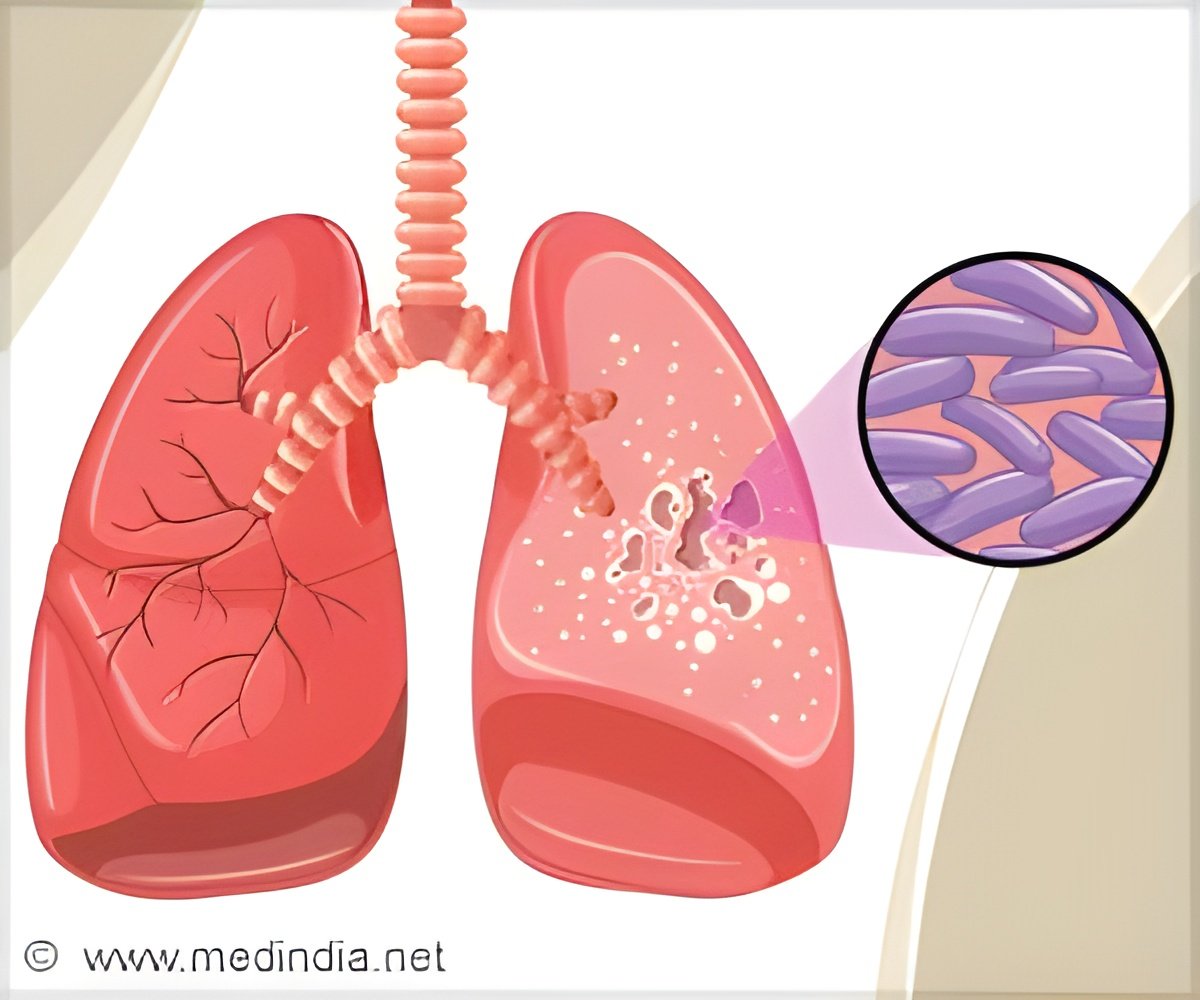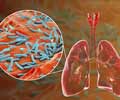New drugs to treat strains of TB which have become resistant to treatment are now a possibility following a ground breaking discovery from the University of Surrey.

TOP INSIGHT
New drugs that target the transportation and metabolism of glutamine, which will prevent TB bacillus, accessing the nitrogen it needs to survive and replicate hold potential in controlling drug resistant strains.
Read More..
To investigate the source of nitrogen for the TB bacillus in blood cells, researchers developed a new computational technique called 15N-Flux Spectral Ratio Analysis (15N-FSRA) to learn more about nitrogen metabolism. 15N is a non-radioactive isotope of nitrogen that can be tracked by a technique called mass spectrometry.
In the first step of this innovative study, blood cells were fed with different potential nitrogen sources labelled 15N, enabling observation. The cells were then infected with TB bacillus and allowed to replicate and take nitrogen from the host cell. Protein from both blood cells and TB cells were recovered allowing researchers to track by mass spectrometry the route by which the 15N went from host cell to TB bacillus.
Using the computational tool, 15N-FRSA, it was discovered that TB bacillus acquires most of its nitrogen from the host cell amino acid, glutamine. Glutamine is an important amino acid with many functions in the body and are key components of proteins and a critical part of the immune system.
This ground breaking discovery will enable researchers to develop new anti TB drugs to target the transportation and metabolism of glutamine in the body, which will prevent Mycobacterium tuberculosis, or TB bacillus, accessing the nitrogen it needs to survive and replicate.
"To combat this threat we need to think innovatively and develop novel therapies to prevent an epidemic of TB strains that we are unable to treat. Our finding paves the way for the development of such drugs, which can target uptake of the very amino acid that enables the bacteria to replicate and spread within the body."
 MEDINDIA
MEDINDIA

 Email
Email








